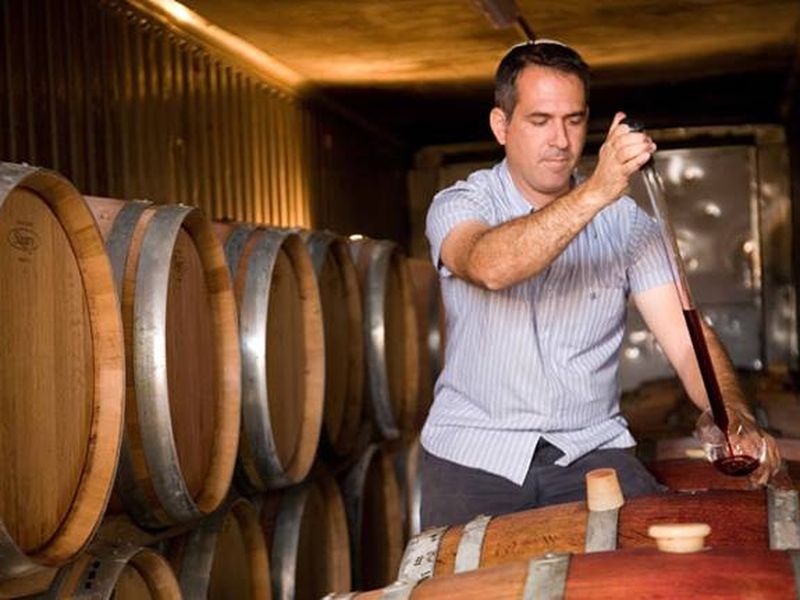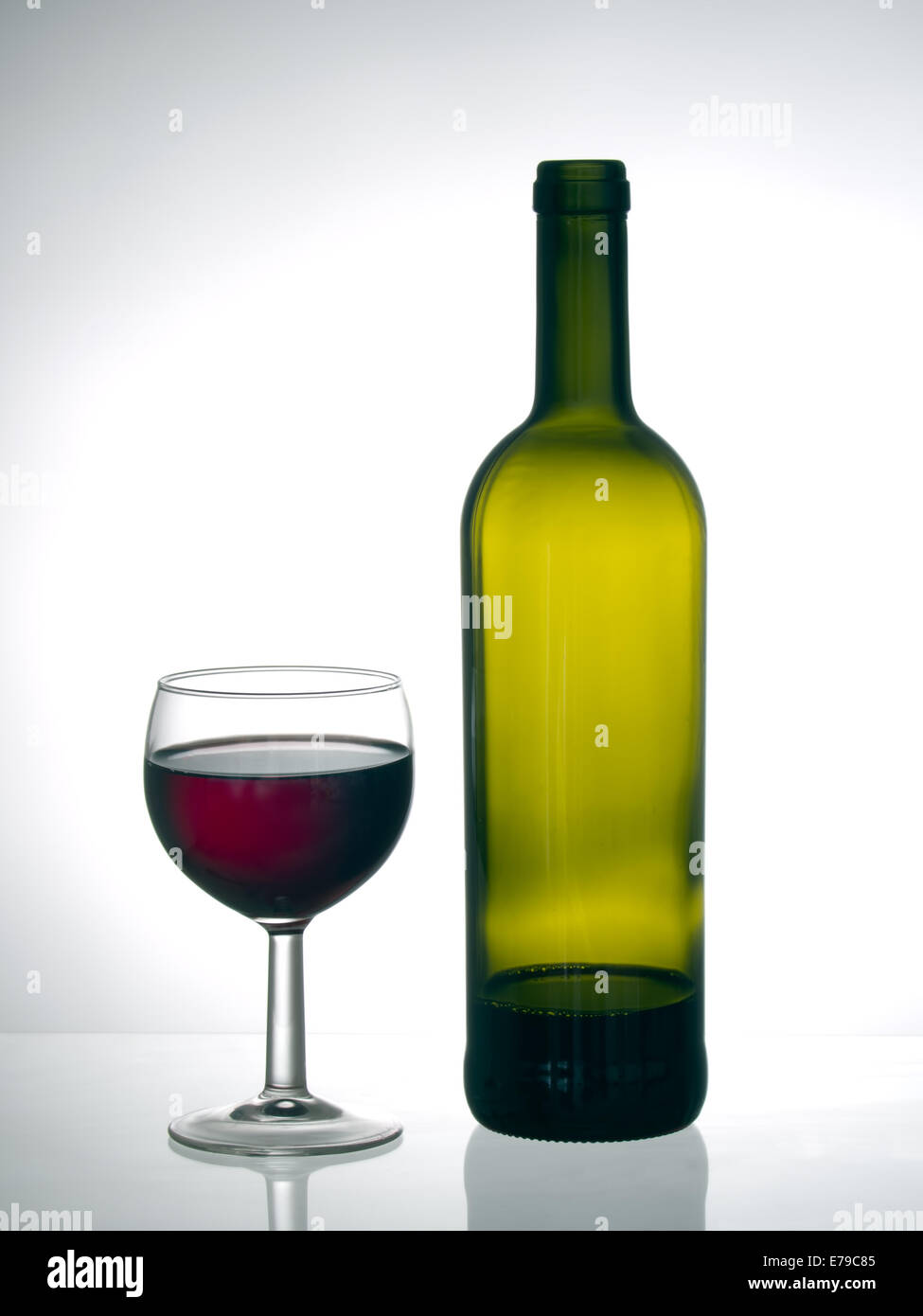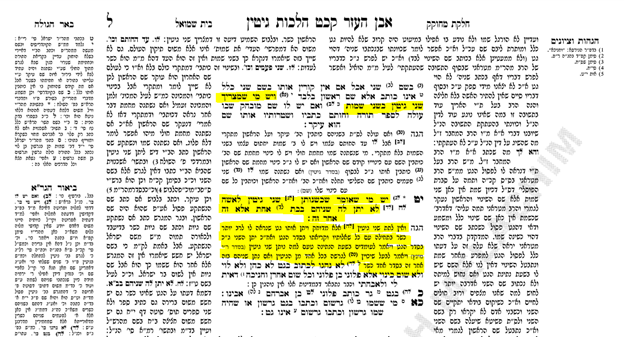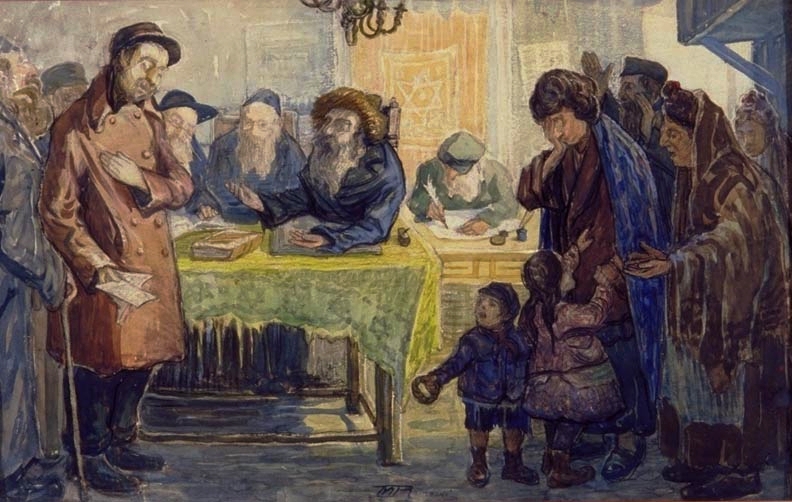BS”D
Shkolim 6a (2)
Shvat 20, 5784. January 31, 2024
1- משנה.
Collecting small amounts of money for the purposes of having enough coins when the time arrives to give the מחצית השקל.
This collection can play out in a few scenarios.
Scenario #1- One begins placing small amounts by saying “these coins are for the מחצית השקל”.

Scenario #2 – He says “my מחצית השקל will be from these coins”.
[One could of course say nothing and probably avoid all issues]
The difference is when it’s time to actually take from this bowl a מחצית השקל and one realizes that there is more than one מחצית השקל.
What do we do with the extras? Is it הקדש or not.
When saying “these coins are for the מחצית השקל”(Scenario #1) it implies, (if it turns out that the person erred in giving too much, that somewhat) perhaps all the coins become הקדש. Meaning the השקל מחצית and all the rest are הקדש. It is a טעות הקדש.
The opinion of בית שמאי is that any הקדש made in error is considered הקדש. According to בית שמאי the entire collection is הקדש. According to בית הלל the extra coins are חולין. 
[We discussed a case of someone bidding $500 for an עליה thinking that the last bid was $450 (and he upped it by $50) when in reality he misheard and the last bid was only $250! Does he pay $300 or $500?]
However, if he said before placing the first coin into the bowl:
“my מחצית השקל will be from these coins”, (Scenario #2) even בית שמאי would agree that only one half a Shekel becomes הקדש and the rest remain חולין. The reason is that he only meant to take one מחצית השקל when the time comes.
2- We discussed why this does not trigger the famous ברירה question.
ברירה means a ‘retroactive designation’. Like drinking from a bottle of wine of טבל, prior to taking out the percentages for תרומה and מעשר.

If ברירה works, then he can drink the wine as long as he leaves the minimum for תרומה ומעשר at the bottom of the bottle.
By leaving the required amount in the bottle we then apply יש ברירה and retroactively designate and say: What is left is/was the תרומה ומעשר that took effect before he started to drink.

May sound funny – but that is the idea behind יש ברירה.
להלכה we do not accept this with items that are דאורייתא. So drinking before הפרשת תרומה ומעשר is not allowed להלכה.
So back to this collection of coins. How can he keep on adding to this pile of coins and at the end just choose a מחצית השקל and the rest remains חולין?
We are basically saying that the מחצית השקל that he took out is the one that originally was הקדש. That sounds a lot like ברירה.
3- Related to ברירה we touched briefly on the author of the שו”ת עונג יום טוב, Reb יום טוב ליפא הלפרין. The writer was a מתנגד that (according to some historians) was ousted from his position as the Rov of Mezritch when he decided to place the חסידים of this city in חרם! See here.

4- We spoke about a case when בית דין is unsure on how to write a גט and להלכה need to write two גיטין to ensure that at least one is כשר. The בית דין writes two גיטין and the husband then gives his wife the two גיטין one after the other. EH 129, 18-19.

Here too we may have the issue of ברירה because when the husband gives the first גט he is unsure if that is a valid גט or just a scrap of paper..

The נודע ביהודה writes that in his בית דין he would write two גיטין but would not tell the husband. Only after the husband gave the first he would tell him that the בית דין realized that the גט has an problem and they need to write another one. All of this is to avoid the ברירה issue.
5- The above mentioned עונג יום טוב has a novel idea on the above גיטין dilemma and brings support from our גמרא. See here #166.
His point is that ברירה is an issue only when at the time that the action happened it was necessary to know what occurred. Like the case of drinking from the flask before giving תרומה ומעשר.
One needs to know before drinking any wine what in the bottle is תרומה ומעשר and what is not. That is the definition of הפרשה. To separate the תרומה and the balance becoming edible חולין.
Using ברירה allows us to retroactively designate what is what.
Since, as above, we do not accept ברירה at the דאורייתא level, drinking in such a manner is prohibited.
However, says the עונג יום טוב, when there is no need to know at the time what is what, then all would agree that there there is no need for ברירה.
Therefore, in the case of the 2 גיטין, there is no issue with ברירה, since the husband does not care and/or need to know which גט will do the job.

His proof is from our גמרא. We allow for the collection of coins to take place and say that only the single coin that will be chosen for the מחצית השקל is הקדש. The rest is חולין.
What about ברירה? It is obvious that ברירה is not a concern here. Why?
Because all coins look alike and one does not care which coin will eventually be ‘the chosen one’.

6 – We began to talk about another interesting topic also related to our גמרא.
The משנה states that unlike מחצית השקל that is limited in the sense that one can only give an exact מחצית השקל, when collecting money for a חטאת, any mount left is הקדש. The cost of a חטאת has no limit.
The term used is:
אמר רבי שמעון מה בין שקלים לחטאת אלא של שקלים יש להן קצבה ולחטאת אין לה קצבה ר‘ יהודה אומר אף לשקלים אין להן קצבה
This concept (קצבה) is also used in regards to the amount that an אפוטרופוס can spend from the trust of an orphan.
An executor of a trust can spend money of the trust only on items that have a ‘limit’. Such a buying for the יתום a לולב.
צדקה however in not allowed because ,אין להם קצבה’. There is no limit.

The case we began to discuss was an אפוטרופוס that donated large amounts of צדקה for a יתום that became ill.
This case is discussed at length by Reb Yossef Trani also known as the מהרי”ט so of the famous מבי”ט. See here.
To be continued.
ומסיימין בטוב.